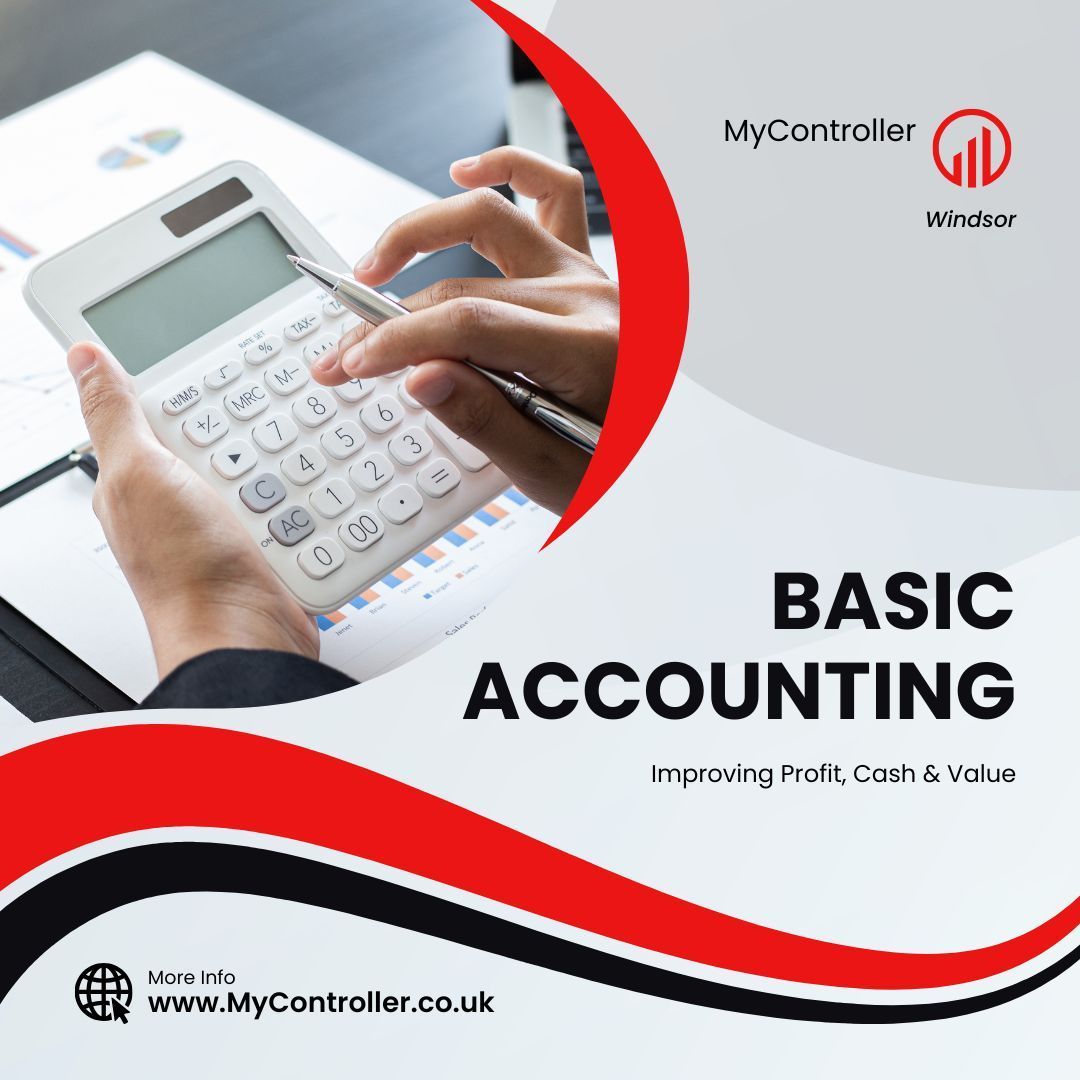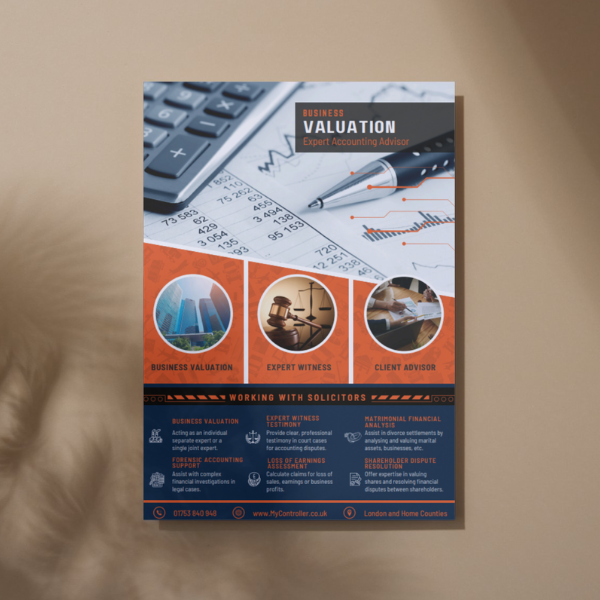The Basics of Accounting for Small Business Owners

I remember when I was starting out and learning about accounting. The concepts of Debits, Credits, and the Balance Sheet were confusing. I thought I understood Profit and Loss, where Sales minus Costs equal Profit, but the idea that a debit could be an expense in one situation—"a bad guy that reduces profit"—and "a good guy that increases the value of the Balance Sheet" in another was baffling. Then it all fell into place when I understood the Accounting Equation. This concept is key to creating and driving value in your business!
The Accounting Equation
Let's start with the fundamental accounting concept every small business owner should know: the accounting equation. This is the foundation of all accounting and it states that: Assets = Liabilities + Equity In simple terms, this means everything your business owns (assets) is financed either by borrowing money (liabilities) or by using your own money (equity).
Double-Entry Bookkeeping
Next, let's talk about double-entry bookkeeping. I don't want to get too technical, but stick with me for a minute! This system ensures that every financial transaction affects at least two accounts, keeping the accounting equation in balance. For example, if you buy office supplies with cash, you increase your supplies account and decrease your cash account.
Financial Statements
Now, onto financial statements. These are crucial for understanding the financial health of your business. There are three main types:
- Income Statement: Shows your revenue and expenses over a specific period, helping you understand your profitability.
- Balance Sheet: Provides a snapshot of your business's financial position at a specific point in time, detailing assets, liabilities, and equity.
- Cash Flow Statement: Tracks the flow of cash in and out of your business, highlighting your liquidity.
Why These Concepts Matter
Understanding these concepts helps you make informed decisions, manage your finances effectively, and ensure compliance with regulations. Plus, they can help you identify areas for growth and potential risks. We will be exploring how you can build sustainable value in your business by understanding these concepts and optimising how you invest the cash you generate.
Remember, mastering these concepts is the first step towards financial success for your small business. If you have any questions or topics you'd like us to cover, feel free to reach out to the team at My Controller!
Thanks for reading The Pathway to Profit. Until next time, keep your books balanced and your business thriving!
Share:







